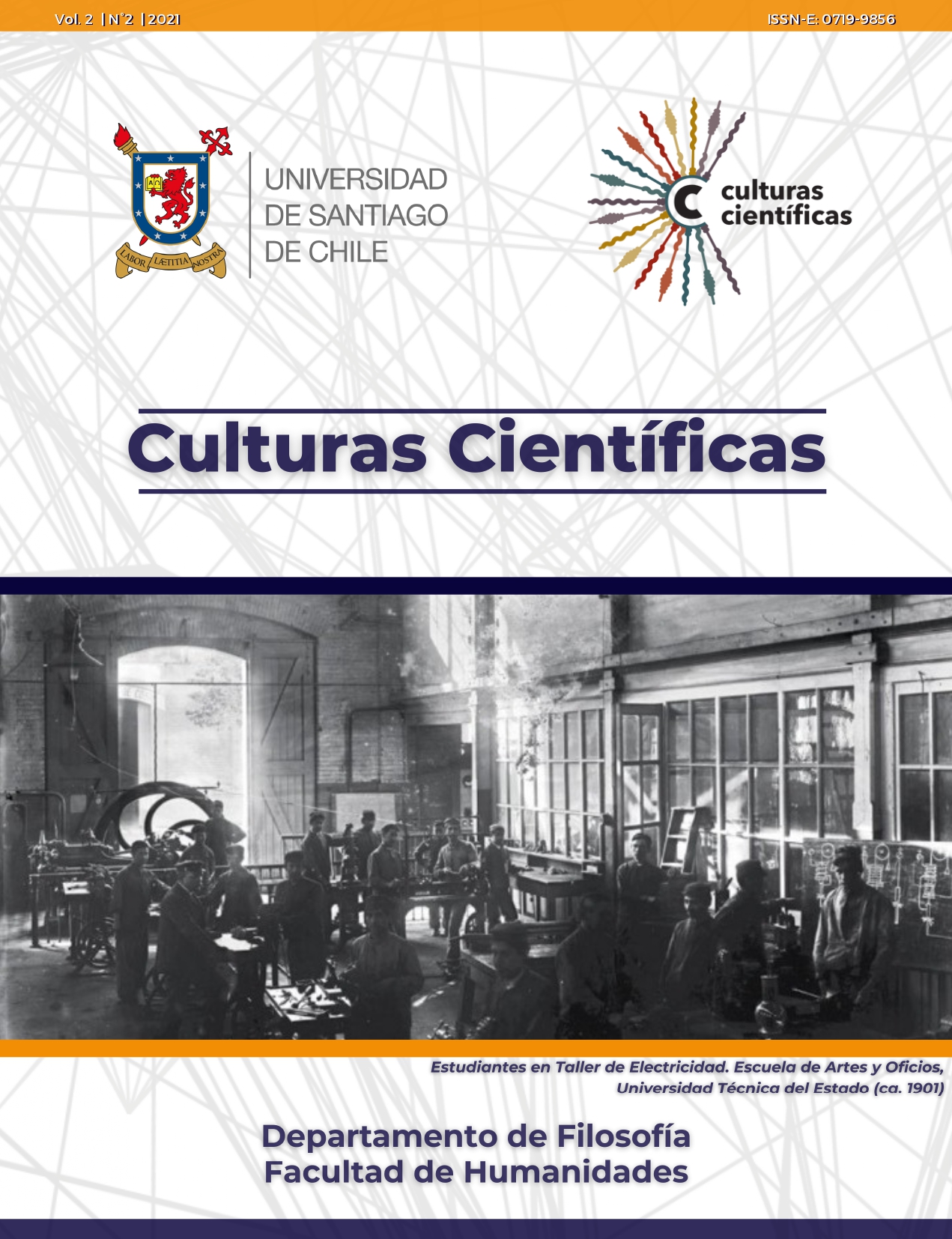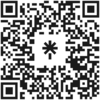A Pluralist Objection Against the No-Miracle Argument
DOI:
https://doi.org/10.35588/cc.v2i2.5101Keywords:
Scientific realism, Scientific pluralism, Inference to the best explanation, EmpiricismAbstract
The aim of this article is to elaborate an objection against the realist argument that, in the debate on scientific realism, is known as the ‘No-Miracles Argument’ (NMA). This argument hinges on the assumption that scientific realism is the philosophy that best explains the success of science. Here, it is objected that if the considerations from scientific pluralism are to be taken seriously, there is no univocal conception of «success» at hand. From this it follows that either we are not able to infer theory’s «truth» from theory’s «success», or that we must accept that science offers several truths about the same inquiry’s domain. I outline three solutions to face this issue: first, to defend the NMA against the pluralist’s objections, nevertheless there is no account in the literature that can meet these objections. Second, either to reconceptualize the notion of «truth» or embrace a metaphysical pluralism, yet these accounts are highly counterintuitive. Finally, to dispense the NMA from scientific realism debate, and, instead, to assume an empiricist pluralism that can account for sciences’ plurality without a compromise with alternative notions of «truth» or metaphysical interpretations of scientific pluralism.
Downloads
References
Borge, B. (2015). “Realismo científico hoy: a 40 años de la formulación del argumento del no- milagro.” Acta Scientiarum. Human and Social Sciences 37(2): 221–233. doi: https://doi.org/gzjg
Bueno, O. (1999). “What is structural empiricism? Scientific change in an empiricist setting”. Erkenntnis 50: 59–85. doi: https://doi.org/d9bbjk
Cartwright, N. (1983). How the Laws of Physics Lie. New York: Oxford University Press. doi: https://doi.org/c2xpw9
Cartwright, N. (1999). The Dappled World. Cambridge: Cambridge University Press. doi: https://doi.org/gm46
Chakravartty, A. (2007). A Metaphysics for Scientific Realism: Knowing the Unobservable. Cambridge: Cambridge University Press. doi: https://doi.org/dhf2b8
Chang, H. (2012): “Chapter 4: Active Realism and the Reality of H2O.” En Chang, H., Is Water H2O? Evidence, Realism and Pluralism. Dordrecht: Springer. doi: https://doi.org/gq2b
Chang, H. (2017): "Is pluralism compatible with scientific realism?" En Saatsi, J. (ed.) The Routledge Handbook of Scientific Realism. New York: Routledge. doi: https://doi.org/gq2c
Dupré, J. (1993). The disorder of things: Metaphysical foundations of the disunity of science. Cambridge, MA: Harvard University Press.
Glick, D. (2021). “Pluralist structural realism: The best of both worlds?”, Synthese 198: 4145–4166. doi: https://doi.org/gq2d
Hacking, I. (1983). Representing and Intervening: Introductory Topics in the Philosophy of Natural Science. Cambridge: Cambridge University Press. doi: https://doi.org/gq2f
Hoyningen-Huene, P. (2013). Systematicity. The Nature of Science. Oxford: Oxford University Press. doi: https://doi.org/gq2g
Kellert, S. H., Longino, H. E. & Waters, C. K. (2006). “Introduction: The Pluralist Stance”. En Kellert, S. H., Longino, H. E. & Waters, C. K. (eds.) Scientific Pluralism. Minneapolis: University of Minnesota Press.
Kuhn, T. (1962). The Structure of Scientific Revolutions. Chicago: University of Chicago Press. https://doi.org/g5qr
Longino, H. (1996). “Cognitive and Non-Cognitive Values in Science: Rethinking the Dichotomy.” En Lynn Hankinson Nelson and Jack Nelson (eds.), Feminism, Science, and the Philosophy of Science. Dordrecht: Springer. doi: https://doi.org/df273z
Putnam, H. (1979). "What Is Mathematical Truth?" En Putnam, H., Mathematics, Matter and Method (Philosophical Papers, Vol. 1). Cambridge: Cambridge University Press. doi: https://doi.org/ccp5nq
Psillos, S. (1999). Scientific Realism: How Science Tracks Truth. London and New York: Routledge. doi: https://doi.org/gd7bk7
Psillos, S. (2011a). “The Scope and Limits of the No Miracles Argument.” En Dennis Dieks, Wenceslao Gonzalo, Thomas Uebel, Stephan Hartmann & Marcel Weber (eds.), Explanation, Prediction, and Confirmation. Dordrecht: Springer. doi: https://doi.org/fj6775
Psillos, S. (2011b). “Choosing the realist framework.” Synthese 180: 301–316. doi: https://doi.org/ds88w6
Reichenbach, H. (1938). Experience and Prediction: An Analysis of the Foundations and the Structure of Knowledge. Chicago: Univ. of Chicago Press. doi: https://doi.org/d7ffkj
van Fraassen, B. C. (1980). The Scientific Image. Oxford: Clarendon Press. doi: https://doi.org/cjr6gp
Worrall J. (2011). “The No Miracles Intuition and the No Miracles Argument.” En Dennis Dieks, Wenceslao Gonzalo, Thomas Uebel, Stephan Hartmann & Marcel Weber (eds.), Explanation, Prediction, and Confirmation. Dordrecht: Springer. doi: https://doi.org/fkhtn8
Downloads
Submitted
2021-08-09Published
Issue
Section
License
Copyright (c) 2021 Franco Bastián Menares Paredes

This work is licensed under a Creative Commons Attribution 4.0 International License.











